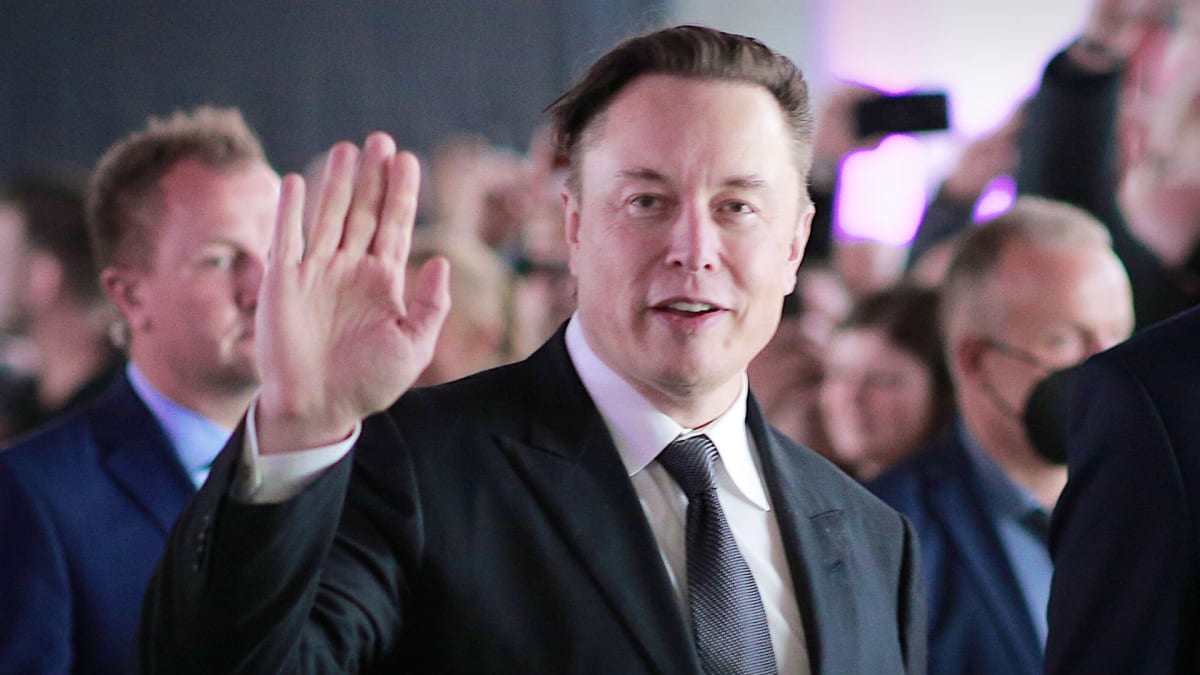
Germany has been immersed since last year in a debate raising passions and dividing its government coalition.
The object of the divisions is to know if it is necessary to keep operating its remaining three nuclear plants whereas the Russian war in Ukraine revived the question of the energy dependence of Europe, and particularly of Germany, on Russian gas.
The consensus on the energy issue that has prevailed in Germany over the past 10 years was that cheap Russian gas, less polluting than coal and whose supply was considered very secure, was the ideal way to support the transition to renewable energies.
This followed a decision taken after the Fukushima disaster in Japan in 2011. The country then decided to phase out nuclear power. Angela Merkel, the then Chancellor, had given an exit schedule.
Divisions Within the Government
But when Russian President Vladimir Putin decided last year to significantly reduce deliveries of Russian gas to Europe following European Union sanctions, Germany, like many European countries, found itself in a very bad situation. Electricity prices have risen sharply and energy rationing measures have reappeared.
The country, Europe's largest economy, depends on Russia for nearly half of its gas supply. It is therefore no surprise that this gas war had raised the question of the energy independence of the country, which is home to multinationals such as Mercedes-Benz, Volkswagen and Siemens.
Divisions on this subject have appeared within the ruling coalition, made up of the Social Democrats (SPD), the Greens and the Liberals of the FDP. The latter, close to the business community, are traditionally more in favor of nuclear power. The rejection of this energy is on the contrary one of the founding principles of the ecologist party.
Tensions between Greens and Liberals did not lead to a compromise. As a result, Chancellor Olaf Scholz announced, last October, that the country is going to maintain the last three German nuclear power plants. He added that legal bases will be created to allow the operation of the Isar 2, Neckarwestheim 2 and Emsland nuclear power plants until April 15, 2023.
His coalition government had only agreed to maintain two of the three power plants beyond the end of 2022, the date initially planned for a nuclear phase-out. The Emsland power station in the north of the country was at the heart of the showdown between the Greens and the Liberals.
Initially, Germany planned to close its last three nuclear reactors in operation at the end of 2022. But the government of Olaf Scholz reversed this decision after the Russian invasion of Ukraine and decided last September to extend two of the three plants still in operation until spring 2023.
'They Should Keep Them Operating'
The German Liberals would like to go further than the spring of 2023 and keep the three plants in operation longer, while the Greens are historically deeply anti-nuclear.
Faced with the threat of an energy shortage this winter, the German government has already decided to increase the use of coal, a particularly polluting energy according to experts and environment activists, with the extension of the activity of several coal-fired power stations until spring 2024, even though the country has set a goal to abandon this energy in 2030.
But Swedish climate activist icon Greta Thunberg had considered it preferable to continue to use the nuclear power plants currently in operation in Germany rather than turn to coal.
This is an opinion that Elon Musk seems to share. The CEO of Tesla (TSLA), who has pushed the automotive industry to reduce its CO2 emissions by developing electric vehicles, has just encouraged Berlin to continue to operate its nuclear power plants. He delivered the message on Twitter after entrepreneur Joe Gebbia, co-founder of Airbnb, tweeted that German public opinion on nuclear was changing.
"‘Now over 80% of Germans favor extending the lifespan of Germany's existing nuclear reactors," Gebbia wrote on Jan.27.
"They should keep them operating!" Musk commented.
Last June, Musk had already indicated that continuing to operate at the three nuclear power stations was one of the options for Germany's energy independence from Russia.
The opinion of the billionaire is interesting because the one and only factory of Tesla in Europe is located near Berlin in Germany. It was opened last year and produces the hugely popular Model Y SUV.







